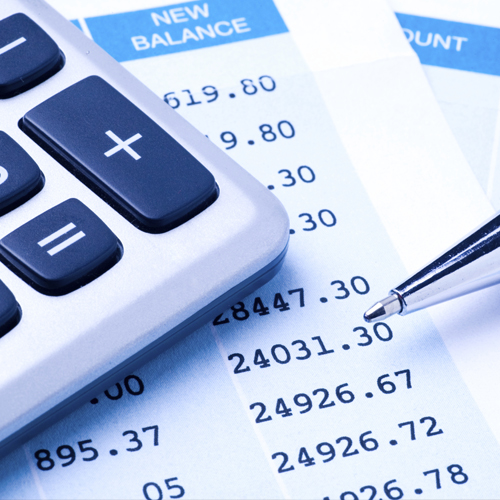
PARTNERSHIP
A partnership is a for-profit business association of two or more parties, known as partners, who agree to cooperate for their mutual benefits. The partners in a partnership may be individuals, groups of individuals, companies, and corporations.
Each partner shares the organization’s profits and control of the business operation. The consequence of this profit sharing is that these partners are, jointly and independently liable for the partnership’s debts.
Tax Responsibilities
You must register your partnership and its members with HM Revenue and Customs (HMRC). Partners who are individuals pay Income Tax and National Insurance through self-assessment, whilst partners who are a company must be registered with HMRC for Corporation Tax.
Business Partnership Advantages:
- Business partnerships are relatively easy to establish; make sure time is taken to draft a partnership agreement to avoid future problems.
- With more than one owner, it may be easier to borrow money and raise capital to invest in the business.
- The business can benefit by using the knowledge base and experience of all of the partners.
Business Partnership Disadvantages:
- Business partners are liable for the actions of the other partners.
- Business partners, like sole traders are liable for the actions of the business.
- Since decisions are shared, disagreements can occur and therefore the decision making process can take longer.


Stay In Touch